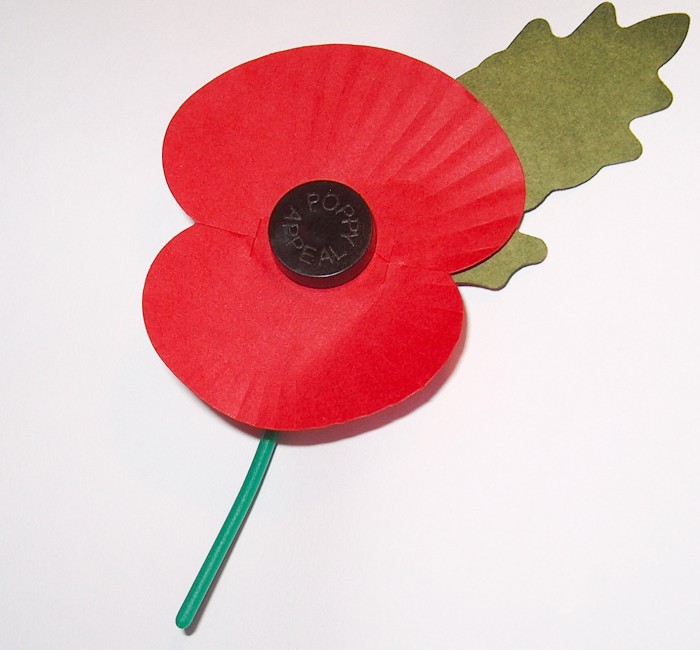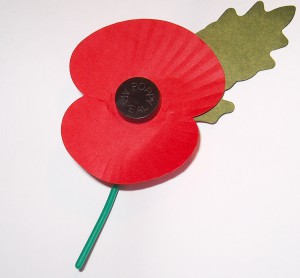11th November 2015 London, UK
Why do Brits wear the Poppy?

The small, red flower – a poppy – that I’m currently wearing on my jacket lapel (and my Twitter page) is often a point of curiosity in Turkey and people frequently ask about it. The United Kingdom, together with other Commonwealth nations, commemorates Remembrance Day every year on 11th November when we remember our fallen. The poppy is the symbol of this day.

The practice of wearing a flower dates from the First World War, when battles in France and Belgium churned up the earth so much that long-dormant poppy seeds in the ground bloomed as never before. This spectacle inspired the Canadian soldier John McCrae to pen his famous poem ‘In Flanders Field’ in which the poppy, with its blood red colour, symbolises the war dead. Its opening lines are powerful:
‘In Flanders Field, the poppies grow,
Between the crosses, row on row.’
Remembrance Sunday is held in the United Kingdom and the Commonwealth as a day to commemorate the contribution of British and Commonwealth military and civilian servicemen and women in the two World Wars and later conflicts. It is held on the second Sunday in November, the Sunday nearest to 11 November, Armistice Day, the anniversary of the end of hostilities in the First World War at 11 a.m. in 1918: at the 11th hour of the 11th day of the 11th month.
Across the United Kingdom, Remembrance Sunday is marked by ceremonies at local war memorials in most cities, towns and villages, attended by civic dignitaries, ex-servicemen and -women. Wreaths of remembrance poppies are laid on the memorials and two minutes’ silence is held at 11 a.m. Church bells are usually rung half-muffled, creating a sombre effect.
As I sat through an equally sombre service at St Nicholas chapel at the British Embassy on Sunday, I remembered the commemorations earlier in the year at Gallipoli and the many members of the British Armed Forces who died in Turkey during the First World War and their gallant Turkish opponents. I remembered the very moving and immaculately kept Turkish and Commonwealth War Graves on the peninsular which mark graves displaying the names and incredibly young ages of some of the soldiers. I read a poem at the Service by Wilfred Owen who died a week before the end of the war aged 25. He was a year younger than my son!
So the first reason I wear a poppy is to remember the sacrifice of those who have died in war so that we, in the UK, may live in peace. My great-grandfather and great-uncle died in Flanders.
I also wear a poppy to support the Poppy Appeal which raises funds for the Royal British Legion, our veterans’ association. This charity provides support to the millions who have served and are serving in our Armed Forces, and also to their families.
Once again this November I wear my poppy with pride and gratitude.